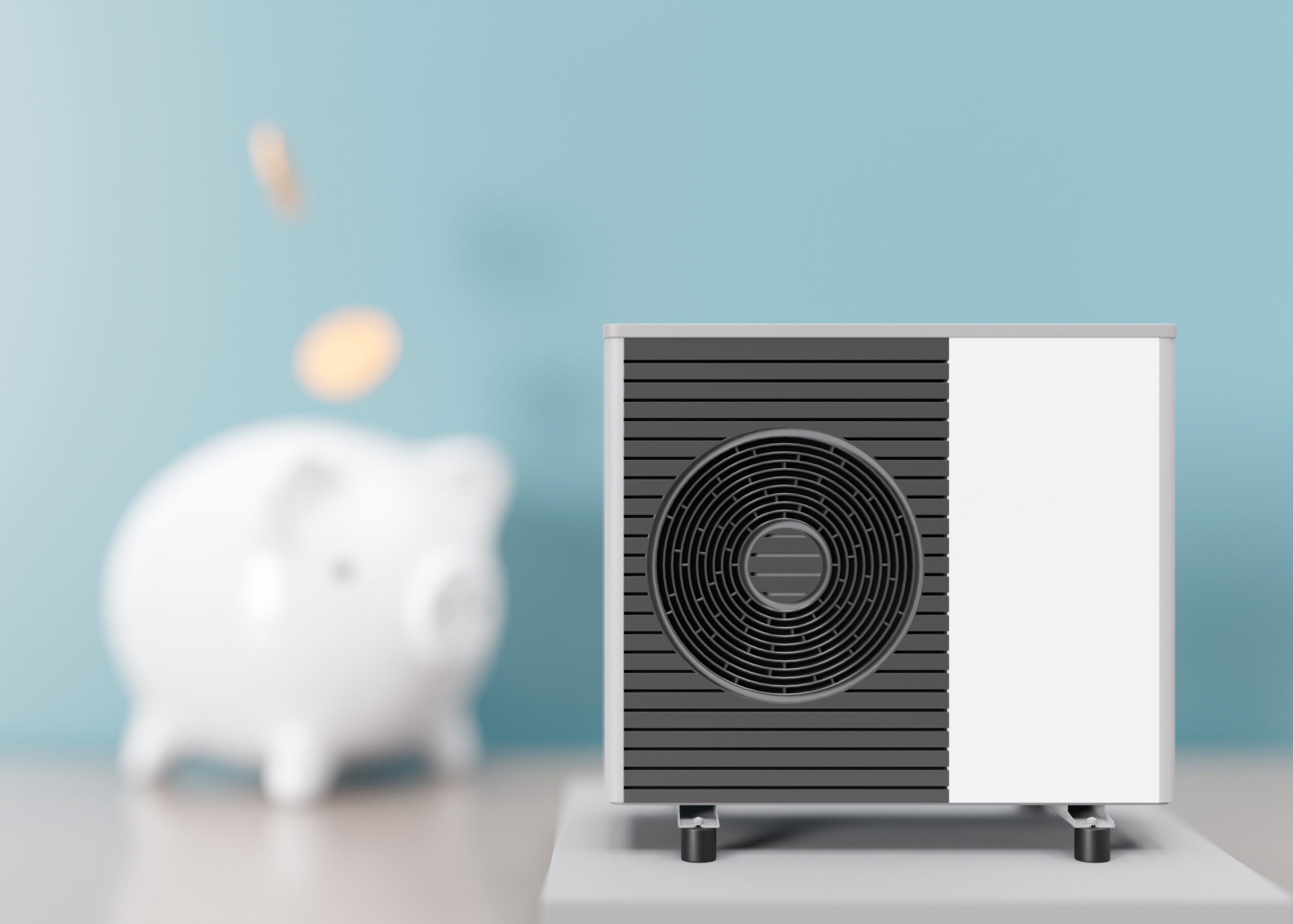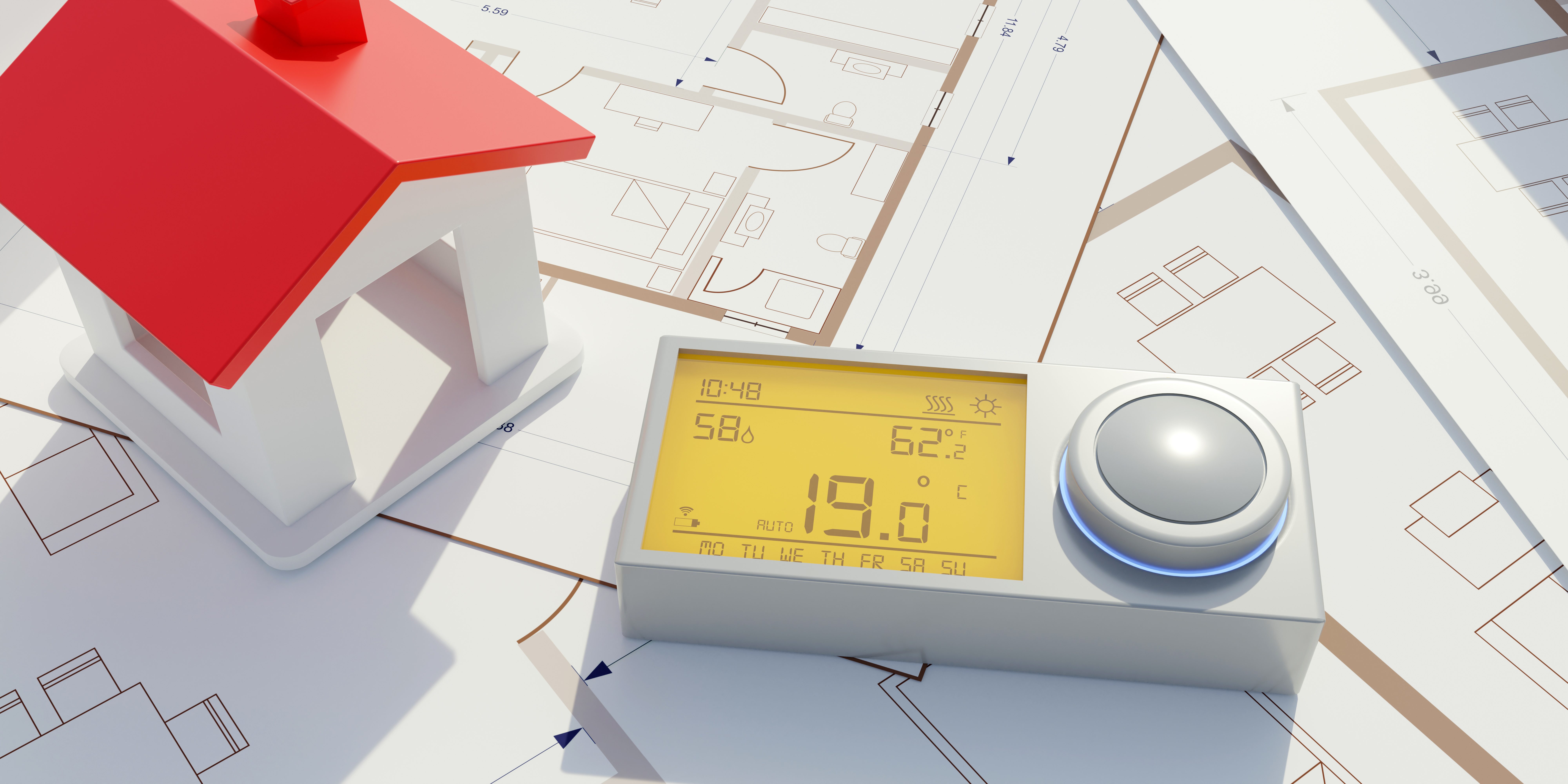
What is a Heat Pump?
Introduction
As concerns about environmental sustainability and energy efficiency continue to grow, homeowners seek innovative solutions to reduce their carbon footprint while maintaining comfort. The heat pump has emerged as a popular and eco-friendly alternative to traditional heating and cooling systems. If you’re curious about this energy-efficient technology, you’ve come to the right place. In this article, we will explore the concept of heat pumps, how they work, and the various benefits they offer as a reliable and eco-conscious heating and cooling solution.
Defining Heat Pumps
A heat pump is a sophisticated heating and cooling system that transfers heat between two locations: inside and outside a building. Unlike conventional heating systems that generate heat, a heat pump extracts heat from the ambient air, ground, or water sources and then transfers it into your home during colder months. In warmer weather, the process is reversed, and the heat pump removes heat from the indoor air, keeping your home comfortably cool.
How Do Heat Pumps Work?
The operating principle of a heat pump is based on the principles of thermodynamics. It relies on a refrigerant, a special fluid that can absorb and release heat at low temperatures. The heat pump system consists of four main components:
a. Evaporator: The evaporator absorbs heat from the outside air, ground, or water and turns the refrigerant into a low-pressure gas.
b. Compressor: The compressor then pressurizes the refrigerant, increasing its temperature.
c. Condenser: The hot, pressurized refrigerant releases its heat to the indoor air as it passes through the condenser, turning back into a high-pressure liquid.
d. Expansion Valve: The expansion valve reduces the pressure of the liquid refrigerant, preparing it to enter the evaporator again and continue the cycle.
By repeating this cycle, the heat pump can maintain a comfortable indoor temperature regardless of the external weather conditions, offering both heating and cooling capabilities.
Types of Heat Pumps
Heat pumps come in different types, each suited for specific environments and preferences:
a. Air Source Heat Pumps (ASHP):
ASHPs extract heat from the outside air and are the most common type of heat pump.
They are easy to install and ideal for moderate climates, such as those in Ireland.
b. Ground Source Heat Pumps (GSHP) or Geothermal Heat Pumps:
GSHPs draw heat from the ground or groundwater, offering higher efficiency but requiring more extensive installation.
c. Water Source Heat Pumps:
Water source heat pumps extract heat from a water source, such as a lake, river, or pond, making them suitable for areas with abundant water bodies.
Advantages of Heat Pumps
Heat pumps offer numerous advantages that make them an appealing choice for homeowners:
a. Energy Efficiency: Heat pumps use minimal energy to move heat, making them highly efficient compared to traditional heating systems.
b. Reduced Carbon Emissions: By relying on renewable heat sources, heat pumps significantly reduce greenhouse gas emissions and help combat climate change.
c. Versatility: Heat pumps can provide both heating and cooling, offering year-round comfort with a single system.
d. Cost Savings: Although the initial investment may be higher, the long-term energy savings can offset the cost, resulting in reduced utility bills.
e. Safety and Convenience: Heat pumps eliminate the need for fuel storage and combustion, making them safer and more convenient to operate.
Is a Heat Pump Right for You?
While heat pumps offer many benefits, their suitability depends on factors such as climate, property size, and existing heating and cooling systems. It’s essential to assess your specific requirements and consult a professional to determine the best type and capacity of heat pump for your home.
Conclusion
Heat pumps represent an innovative and environmentally-friendly solution for heating and cooling residential properties. By harnessing renewable energy from the air, ground, or water, heat pumps offer efficient, versatile, and cost-effective heating and cooling options. Embracing heat pump technology not only reduces your carbon footprint but also contributes to a sustainable and energy-efficient future for all. As more homeowners turn to heat pumps, we can collectively move towards a greener and healthier planet while enjoying comfortable and eco-conscious living.



